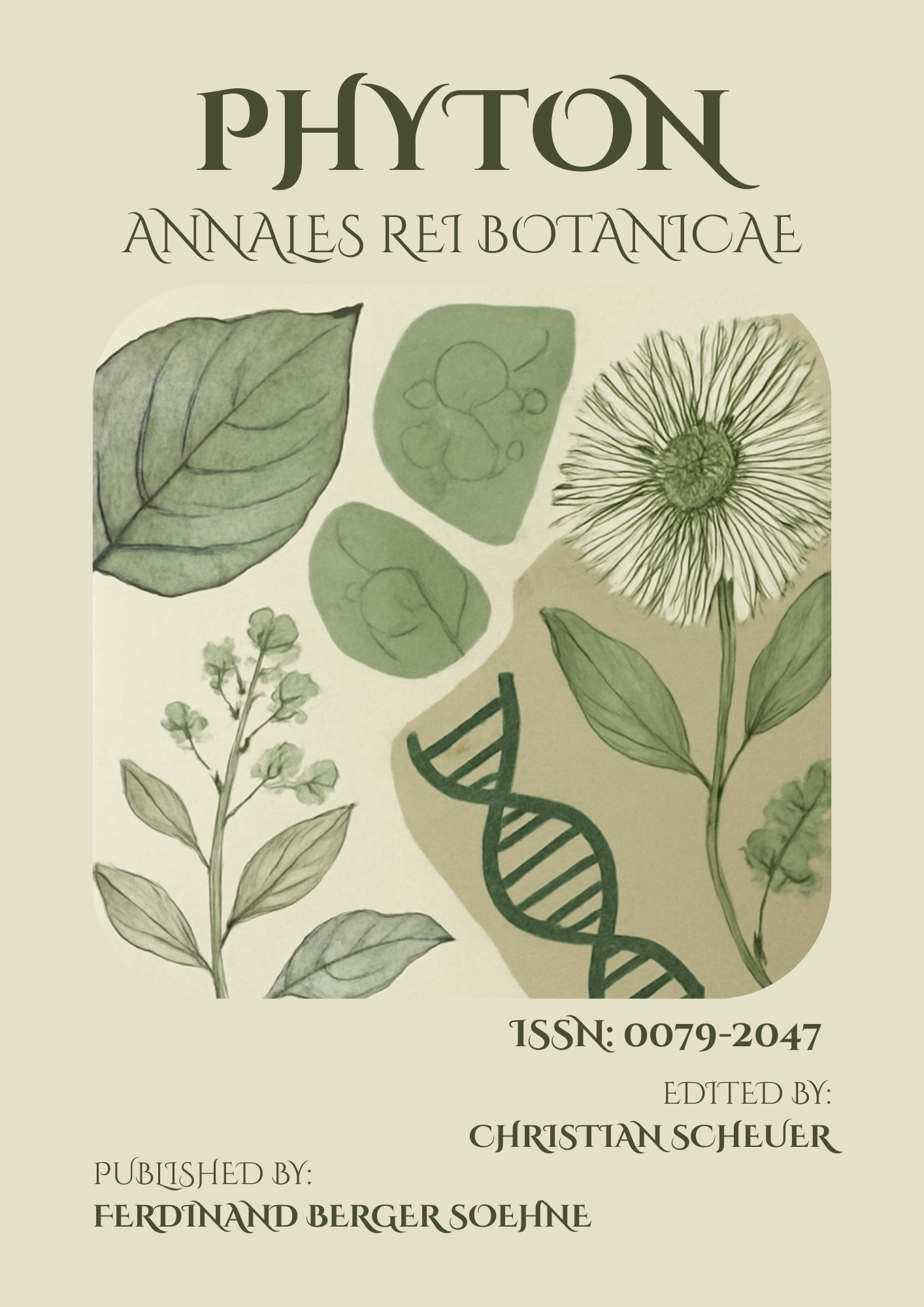Microbial Interactions in the Rhizosphere: Implications for Plant Growth and Disease Resistance
Keywords:
Rhizosphere, Plant-Microbe Interaction, Soil Microbes, Disease Resistance, Plant Growth, Sustainable AgricultureAbstract
The rhizosphere, the soil region immediately surrounding plant roots, is a hub for complex microbial interactions that influence plant health and growth. This paper explores the role of rhizosphere microbes, including bacteria, fungi, and archaea, in promoting plant growth, enhancing nutrient uptake, and defending against soil-borne pathogens. The research delves into plant-microbe symbioses, such as mycorrhizal relationships and nitrogen-fixing bacteria, and their impact on plant health and resilience. The paper also examines how the diversity and composition of microbial communities in the rhizosphere are influenced by agricultural practices, such as fertilization, irrigation, and crop rotation. Case studies from both conventional and organic farming systems highlight the potential of manipulating rhizosphere microbial communities to improve plant nutrition and disease resistance. The findings suggest that harnessing beneficial microbes can serve as a sustainable alternative to chemical fertilizers and pesticides, contributing to more resilient and productive agricultural systems.
Published
How to Cite
Issue
Section
License
Copyright (c) 2024 PHYTON-ANNALES REI BOTANICAE

This work is licensed under a Creative Commons Attribution-NonCommercial-ShareAlike 4.0 International License.
This article is published under the terms of the Creative Commons Attribution-NonCommercial-ShareAlike 4.0 International License (CC BY-NC-SA 4.0). Readers may share and adapt the material for non-commercial purposes, provided appropriate credit is given and adaptations are shared under the same license.



